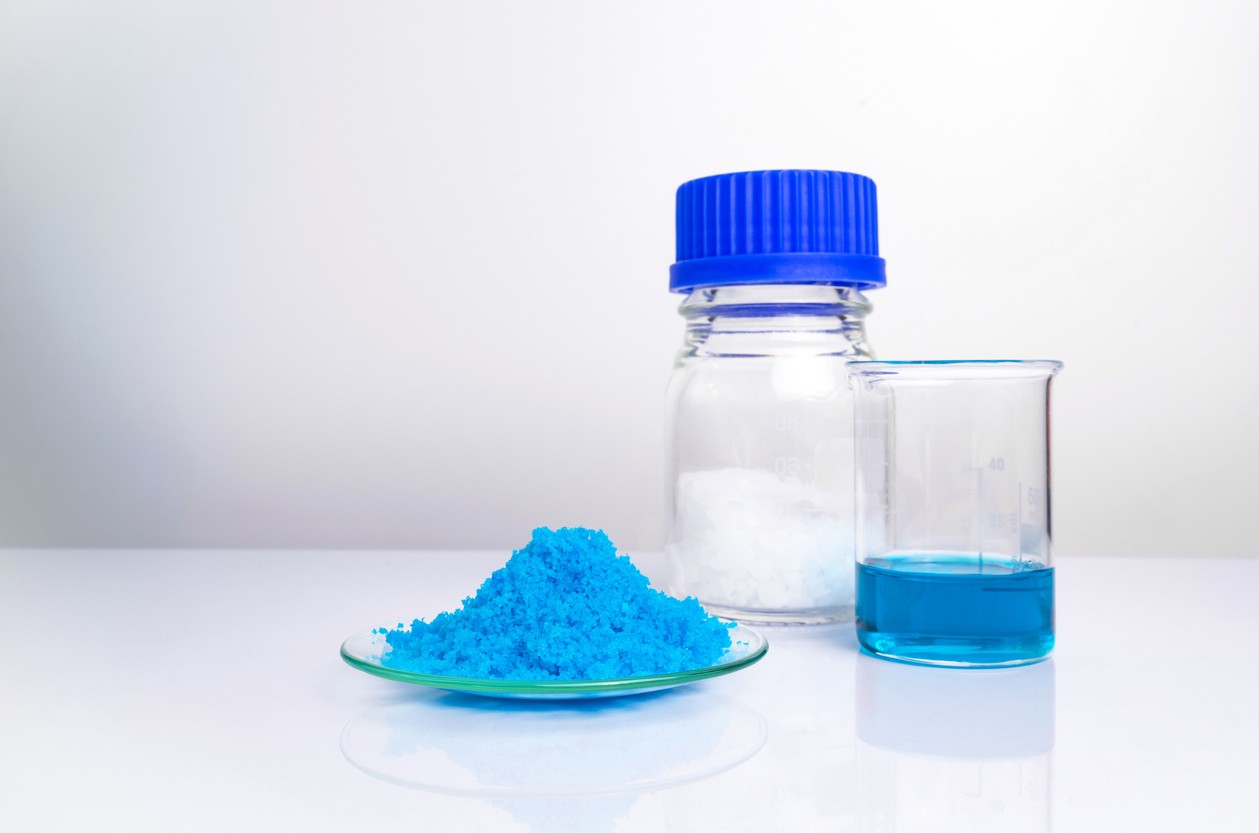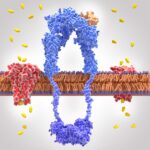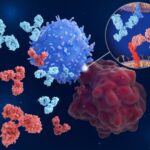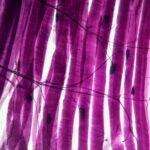No products in the cart
Pinealon Related Studies

Compared to other peptides, Pinealon does not appear to bind to cell surfaces or cytoplasmic receptors. As a result, scientists hypothesized that Pinealon may be small enough to circumvent lipid bilayers (such as the cell membrane and nuclear membrane) and interact directly with DNA. According to scientific studies in cell cultures, the peptide may directly permeate cell membranes and nuclear membranes to interact with DNA.
Research
Pinealon and Cell Aging
Pinealon may impact cell aging cycles in the central nervous system, according to studies. Pinealon and Vesugen, according to a Russian study, may be anabolic in the brain and may reduce the cell aging process when assessed using biological age markers.
According to experts, Pinealon may be active in cells outside the central nervous system. Pinealon may influence muscle irisin synthesis, an adipocytokine produced in skeletal muscles and subcutaneous and visceral adipose areas that protect myocytes during exercise, promote fat burning, and induce telomere extension. As a result, increasing the lifespan of irisin may possibly improve telomere maintenance and assist in the fight against the harmful action of oxidative stress and cell aging.
Pinealon and Neuron Protection
Pinealon has been suggested following scientific studies in prenatal rats to protect neurons from oxidative damage while preventing cognitive functioning and motor coordination. The findings suggest a reduction in the accumulation of reactive oxygen species (ROS) and numerous necrotic cells in the brains of the rats studied. The compound appears to control cell cycles by activating proliferation pathways. It may mitigate some of the adverse action of ROS in oxidative stress.
Pinealon has been suggested to boost cell and neuron resilience to hypoxia in adult rats. The peptide appears to achieve this by increasing anti-oxidative enzyme systems and minimizing the excitotoxic action of N-methyl-D-aspartate (NMDA), an amino acid derivative considered to be capable of killing brain cells by over-excitation.
Irisin may promote neuronal differentiation, proliferation, and energy expenditure in the brain. Pinealon appears to raise irisin levels by modulating the gene expression that codes for the enzyme, possibly resulting in higher irisin levels due to the enzyme’s longer half-life.
Caspase-3 and Cell Death
Peptide research in animal models of ischemic stroke was suggested to alter cytokine signaling, which may lead to a rise in the levels of caspase-3 enzyme—an enzyme that triggers apoptosis. The peptide may inhibit at least one of the processes that induce cell death by modulating the activities of caspase-3, possibly lowering the impact of oxygen deprivation in stroke. Pinealon appears to mitigate long-term remodeling that may lead to myocardial infarction-related dysfunctions.
Pinealon’s potential in reducing caspase-3 expression are suggested further in studies in skin cells. The peptide may improve cell proliferation in older and young animals by decreasing skin apoptosis.
Pinealon and Sleep Regulation
Pinealon, may act to reset the pineal gland, possibly allowing for circadian rhythm disturbance, improved sleep cycle regulation. The capacity of the Pinealon to potentially adjust sleep has been associated with organism age. Irregular sleep may impact metabolic function, as well as cascade of physiological processes, in some ways not yet fully understood. Pinealon’s potential to regulate sleep may support physiological functioning on a macro level.
Disclaimer: The products mentioned are not intended for human or animal consumption. Research chemicals are intended solely for laboratory experimentation and/or in-vitro testing. Bodily introduction of any sort is strictly prohibited by law. All purchases are limited to licensed researchers and/or qualified professionals. All information shared in this article is for educational purposes only.





